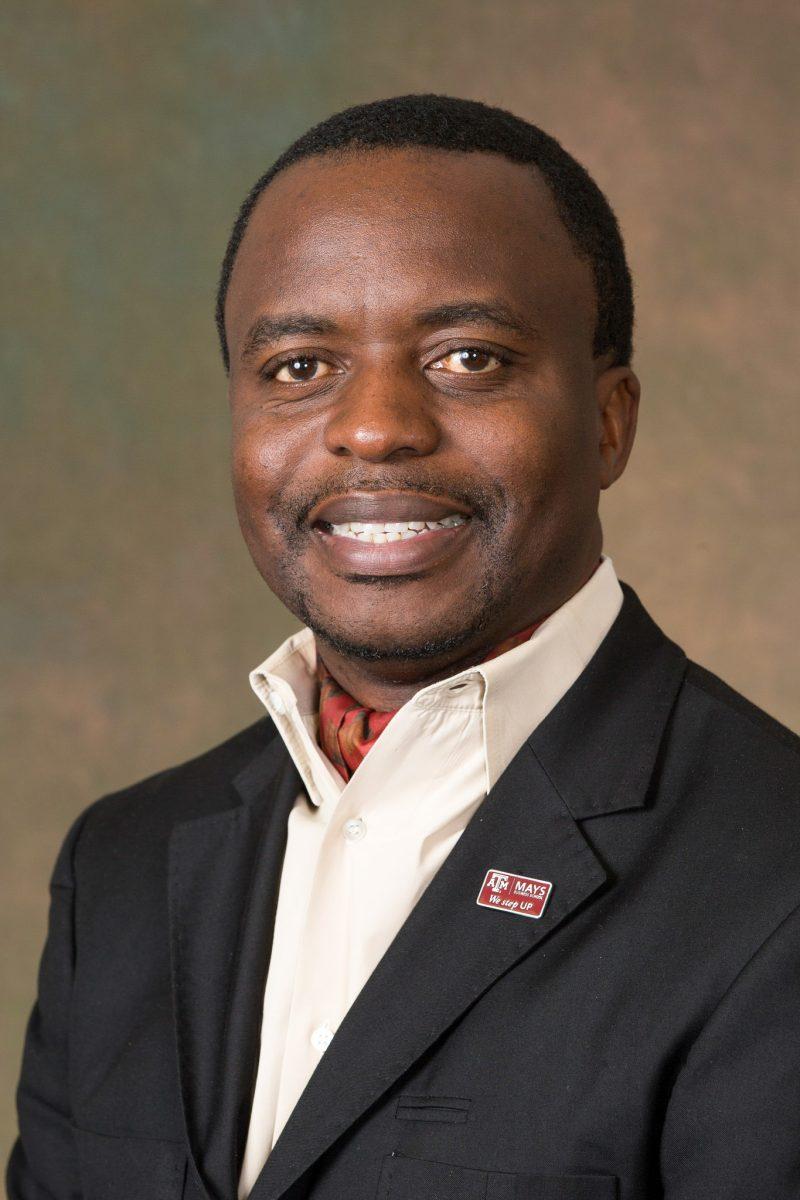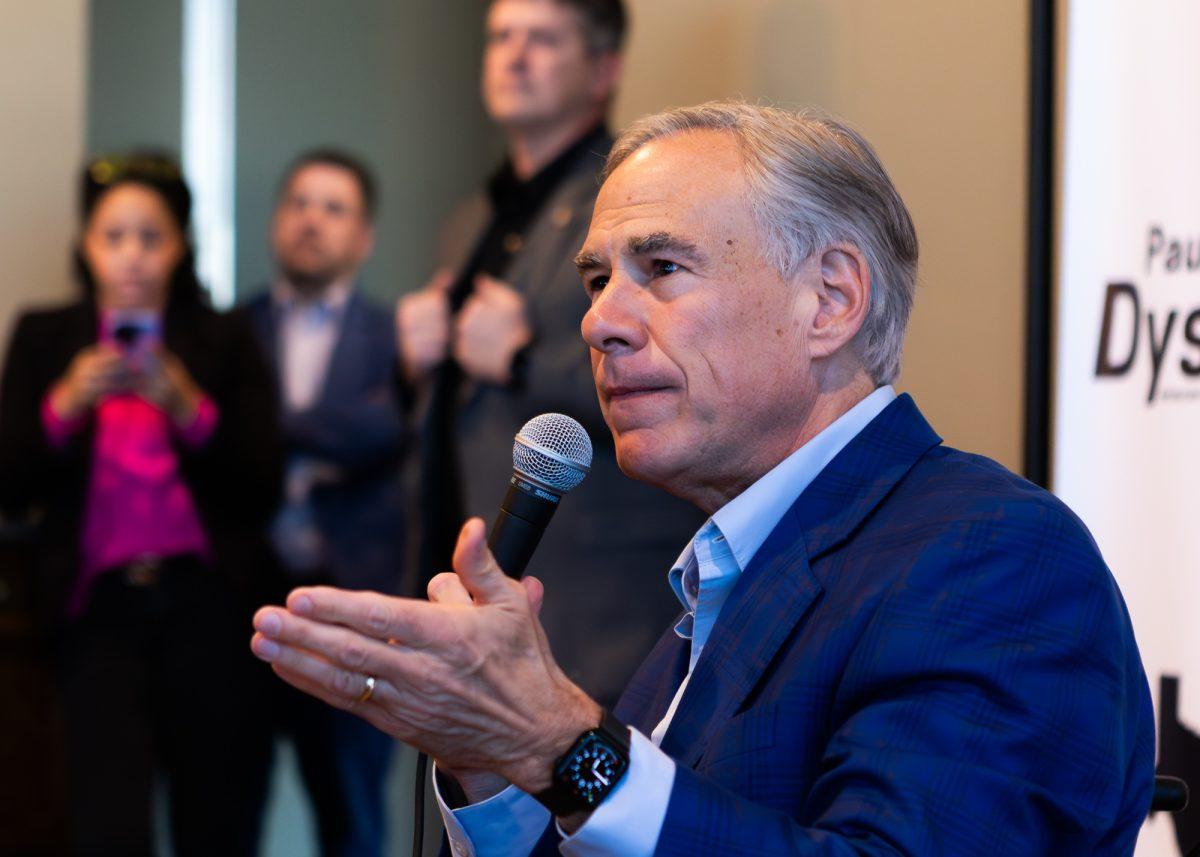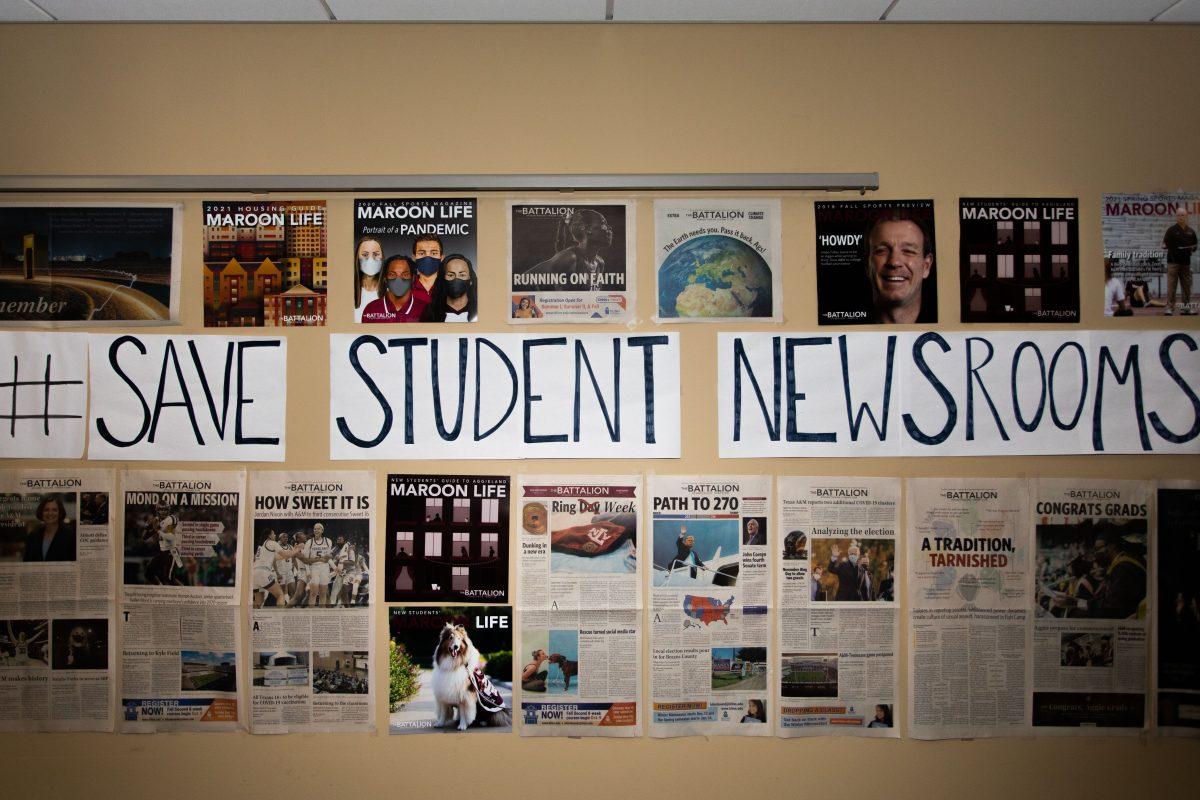Henry Musoma uses his unique experience and outlook on life to pour inspiration into his students both inside and outside of the classroom.
Musoma, Class of 2002, is an assistant director at the Center for International Business and a clinical assistant professor at Mays Business School.
Henry Kasonde Musoma was born in Zambia, South Africa and graduated high school from Maputo International School in Mozambique. Musoma’s father, also named Henry, graduated from college, but his mother, Joyce, did not complete high school. Despite their difference in education, they both worked in the copper mine industry. Musoma said his childhood was “charmed” and “busy with activity.”
“The number of family members that lived with us on and off was really a lot of people, and I think that’s where the philosophies that speak to who I am today started to take [root],” Musoma said. “You hear people say it takes a village to raise a child — I was raised by a village.”
Growing up, Musoma didn’t want to be called by his African name, Kasonde, because he said he grew up with an inferiority complex. Later, with family reinforcement, he discovered an important affinity for his culture and name.
“Having gone to those Western schools, implicitly, not explicitly, you were made to feel or believe that anything that had to do with being African was somewhat inferior,” Musoma said.
Musoma said he aims to teach his students to embrace their cultural identity and dignity, and believes the classroom is a place of learning and dialogue. He said he also believes students should accept their failures to learn from them.
“I would like [the students] to embrace their failure,” Musoma said. “We overlook the lessons that failure has to offer — failure increases our capacity to have empathy.”
Musoma is the advisor to the International Business Association (IBA) at Texas A&M. Tyler Hill, finance junior and IBA chief executive officer, said he has learned crucial lessons from Musoma.
“Flaws within people are necessary, not only on an individual basis but on a group basis because not all flaws are negative,” Hill said. “This is an ideal that I got from Dr. Musoma.”
Musoma said he received a great deal of goodwill from his peers, professors and neighbors after he moved to America and started school at Tyler Junior College. It was there that he was inspired to transfer to A&M to continue his education.
“I remember borrowing a little truck from a friend and driving to College Station and just getting hooked,” Musoma said.
Musoma went on to meet his wife, Tyra, at A&M. He said the first time the pair met was at Sbisa Dining Hall and the rest is history. The couple has four children: Kezia, Joshua, Olivia and Juda.
Musoma said when he needs it most, his wife is always there with a reminder: “Stop acting ordinary, you are extraordinary.”
Musoma said it is always important to show gratitude to the people who have helped him along the way. Among them, he said he would like to thank good friends Joe and Sue Bell, who gave him their truck to go to school every week and are similar to godparents to his children today. He said he is also thankful to Artha Lynn, his neighbor, for showing him kindness and eventually donating his first car to Musoma. He also said he thanks Rick Giardino, who was his professor at A&M and became like a parent to him.
Musoma studied under professors Joe and Christine Townsend during his time as a student at A&M and said he remains particularly grateful for their mentorship.
“These two professors taught with heart and lived with heart,” Musoma said. “They sowed the seeds in me and were attentive enough to help me and support me.”
Musoma was featured on The Ellen Show in 2017 for allowing a student to bring her baby to class after babysitting plans fell through. Ashton Robinson, university studies senior, posted a picture of Musoma lecturing class while holding her baby, which quickly went viral. Musoma said the Ellen experience was an “A&M moment, but also a moment for his homeland.”
Musoma’s acts went viral again earlier this year, when he passed around a donation bin to raise funds for a student who could not buy the class textbook.
Musoma’s philosophy in his classroom isn’t exclusive from the way he approaches his personal life. He said he believes the best kind of education isn’t built upon pouring into textbooks and reciting answers, but incorporating real-world experience and perception into his lessons.
“My lessons don’t all come from educated frameworks, they come from all sorts of backgrounds,” Musoma said.
Of those who have met Musoma, many would agree that he has an infectious compassion for people, according to Joe Townsend, Class of 1967.
“The by-product of service is happiness, and [Musoma] serves a lot of different people and that makes him happy and therefore makes people around him very happy,” Joe Townsend said. “He knows where he is coming from, he knows where he is going, he knows what guides him and he has that inner self-confidence and makes things happen.”
Musoma said he hopes every student embraces their identity and potential. He said he emphasizes the importance of pursuing your passion and recognizing that a person is capable of accomplishing feats that they never knew they could.
“You count the number of seeds in an orange, but you can never count the number of oranges in a seed,” Musoma said, meaning one’s potential can be limitless despite how it may appear.
Mays Business School professor teaches in more ways than one
February 28, 2018
Photo by Provided
Henry Musoma grew up in Zambia, South Africa before moving to the U.S. to pursue higher education.
0
Donate to The Battalion
$0
$5000
Contributed
Our Goal
Your donation will support the student journalists of Texas A&M University - College Station. Your contribution will allow us to purchase equipment and cover our annual website hosting costs, in addition to paying freelance staffers for their work, travel costs for coverage and more!
More to Discover









